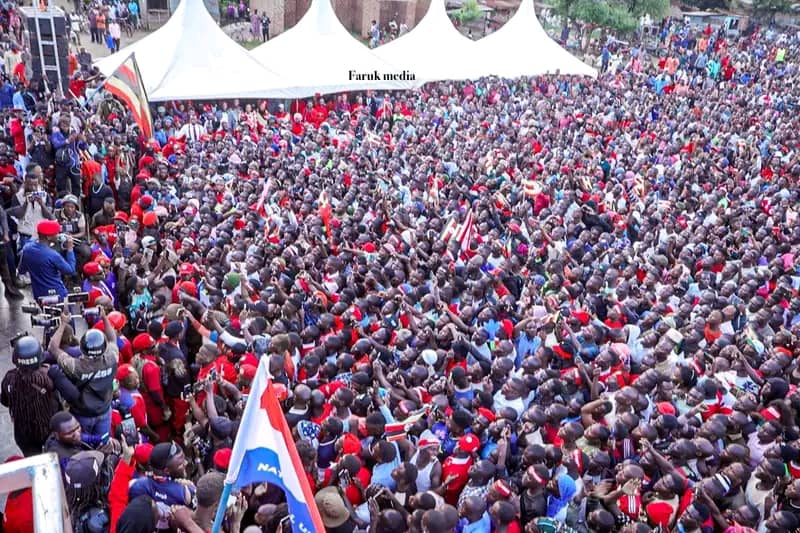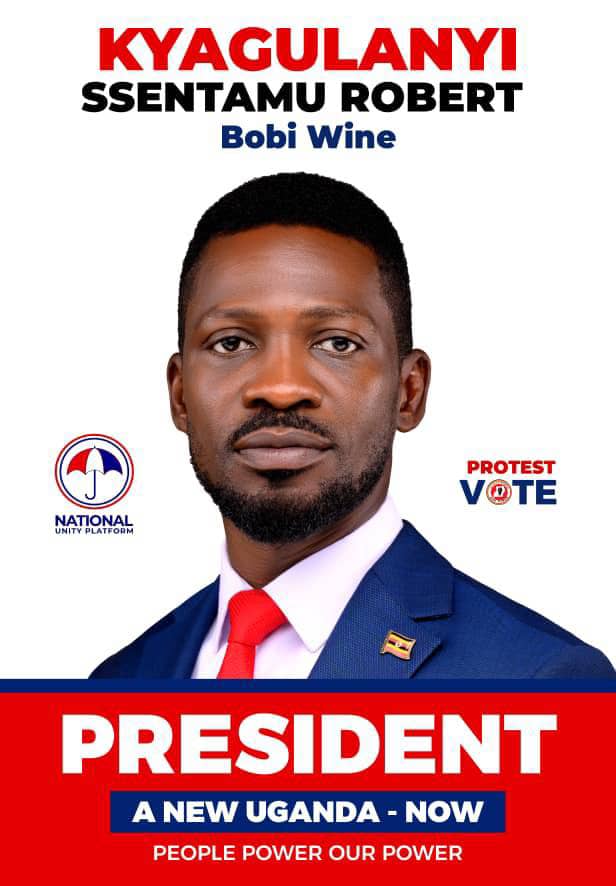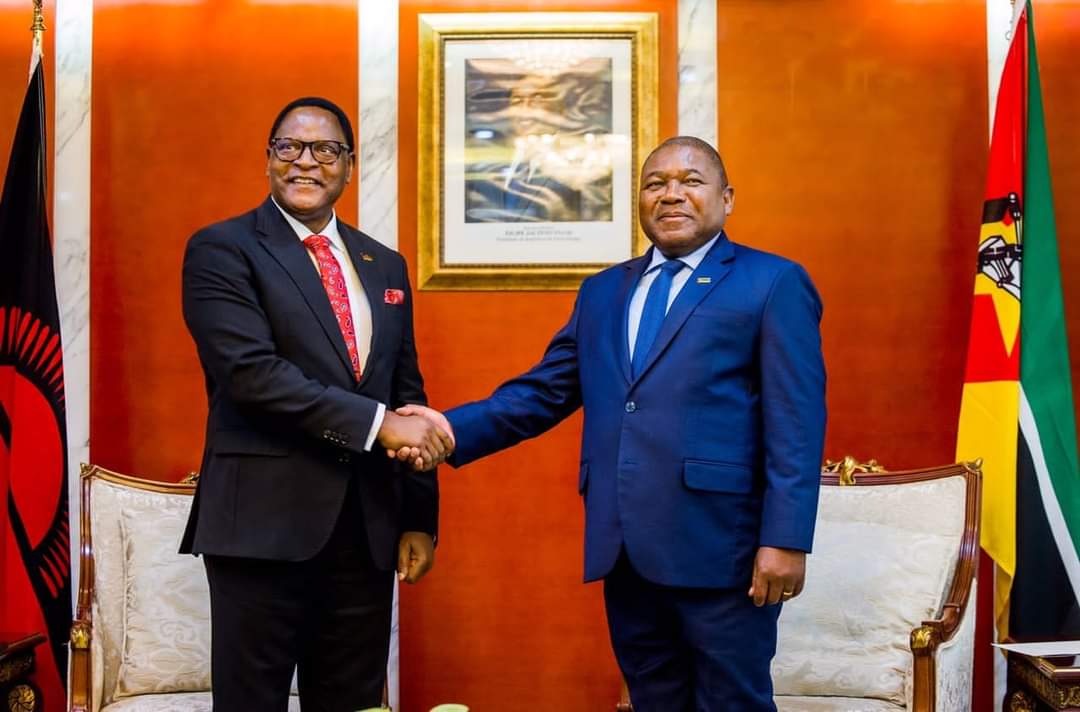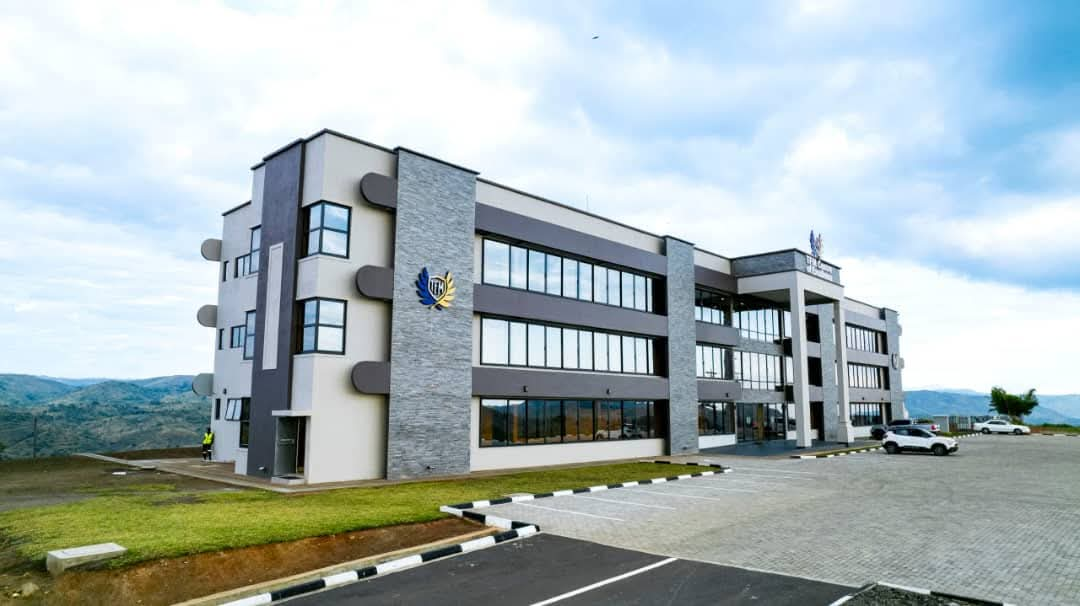By Burnett Munthali
Despite police blockades and road closures, Bobi Wine rallied supporters in Kamuli and Buyende, turning state repression into renewed political momentum.

Ugandan opposition leader and musician-turned-politician Robert Kyagulanyi, popularly known as Bobi Wine, has once again demonstrated his resilience in the face of state resistance.
In a Facebook post, Bobi Wine expressed gratitude to the people of Kamuli District and Buyende Town Council for turning out in large numbers to hear his message.
He began his statement with a double note of appreciation, writing: “THANK YOU KAMULI! THANK YOU BUYENDE!!”
The National Unity Platform (NUP) president revealed that his team had faced significant challenges during their planned outreach.
According to him, police blocked their access to Bukungu Island in Buyende, a location where they had initially intended to hold a rally.
Bobi Wine also accused authorities of deliberately blocking major roads to stop his supporters from gathering and to frustrate his movement.
Despite these restrictions, he said he and his team managed to address the people in Buyende Town Council as well as in Kamuli District.
In his message, he emphasized that the determination of ordinary Ugandans cannot be suppressed by state machinery.
He closed with a powerful declaration: “People Power is stronger than the people in power!”
The statement reflects Bobi Wine’s long-standing campaign against what he describes as the repressive tactics of President Yoweri Museveni’s government.
Over the years, his rallies and public meetings have frequently been disrupted by security forces, with police citing public order concerns.
Nevertheless, Bobi Wine has continued to mobilize grassroots support, particularly among Uganda’s youth, who view him as a symbol of hope and change.
His ability to draw crowds despite obstacles demonstrates the resilience of his political movement and the growing demand for accountability in Uganda’s governance.
The incident in Kamuli and Buyende is the latest reminder of the tense relationship between Uganda’s opposition and the state’s security apparatus.
Observers note that such blockades often backfire, as they only strengthen Bobi Wine’s narrative that the government fears the will of the people.
For his supporters, the events serve as further evidence that their struggle for political freedom is not only necessary but unstoppable.
Bobi Wine’s statement has already begun circulating widely on social media, amplifying his message beyond the confines of Kamuli and Buyende to the rest of Uganda and the diaspora.
As the country edges closer to another electoral season, confrontations of this nature are expected to intensify, with the opposition leader framing them as proof of government overreach.
His rallying cry—“People Power is stronger than the people in power”—has become more than a slogan.
It is a political creed that continues to energize his movement and challenge the dominance of Uganda’s long-serving president.
Uganda is not alone in such struggles.
Across Africa, opposition leaders have frequently turned state repression into political capital.
In Zimbabwe, the late Morgan Tsvangirai faced repeated arrests, intimidation, and bans on public rallies during his challenge to Robert Mugabe’s long rule.
Yet each crackdown only amplified his voice, drawing international attention to the need for reform and energizing his supporters.
In Zambia, Hakainde Hichilema endured arrests, harassment, and restrictions under the Edgar Lungu administration, but he transformed those struggles into a powerful political narrative.
By 2021, he successfully harnessed the public frustration with state repression to win a landslide victory, proving that resistance to intimidation can translate into electoral triumph.
Kenya too offers parallels.
During the years of single-party dominance, opposition figures such as Raila Odinga were jailed, exiled, or barred from rallies, but their ability to endure repression solidified their status as champions of democracy.
These leaders, like Bobi Wine today, turned blockades and barriers into symbols of state weakness, not strength.
Every attempt to silence them underscored the insecurity of governments that feared free political competition.
The pattern is clear: when citizens witness their leaders standing firm against repression, they often rally more strongly behind them, interpreting state resistance as proof of the righteousness of their cause.
Bobi Wine’s experience in Kamuli and Buyende fits neatly into this wider African story.
By facing down blockades and roadblocks yet still managing to connect with his people, he reinforces the message that the fight for democracy cannot be stifled by barriers.
As Uganda moves closer to another crucial electoral contest, the lessons from the region suggest that every act of state suppression may, paradoxically, strengthen the very movement it seeks to weaken.
For Bobi Wine, this is not just a battle for access to rallies but a broader struggle for political legitimacy, accountability, and the future of Uganda’s democracy.
And just as past African opposition leaders converted obstacles into opportunities, his defiance today could become the fuel that propels his People Power movement into greater political relevance.
The risk for Museveni is that his heavy-handed tactics mirror those of other long-serving African leaders who clung to power by repression but ultimately weakened their regimes.
Zimbabwe’s Robert Mugabe relied on police crackdowns and violent intimidation for decades, but in the end, his overuse of repression alienated even his closest allies and led to his downfall.
In Angola, José Eduardo dos Santos similarly tried to rule through fear and restrictions on dissent, only to see his chosen successor dismantle parts of his legacy once he left power.
By repeating these patterns, Museveni risks reinforcing the very narrative that Bobi Wine is building—that Uganda’s government no longer governs by consent, but by coercion.
History shows that while repression may buy time, it rarely buys legitimacy.
For Museveni, the blockade in Kamuli and Buyende may have stopped a rally, but it also handed Bobi Wine a political victory in the battle for hearts and minds.
And like Mugabe and Dos Santos before him, Museveni may find that the more he relies on roadblocks and police, the more he accelerates the very change he seeks to resist.




